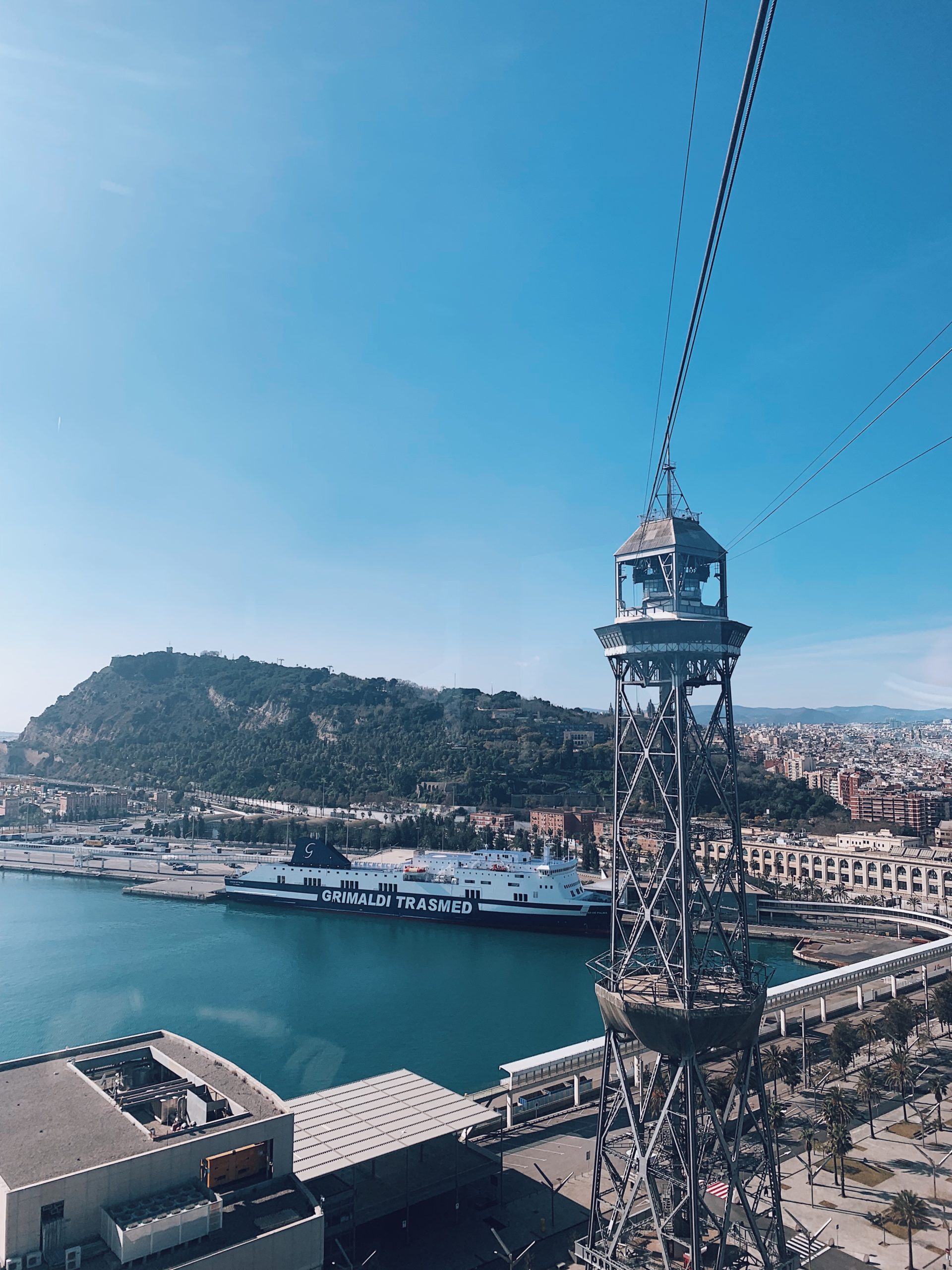
Why we Need (Real) Role Models for Traveling
In the past few weeks, I’ve been able to visit 4 new cities in Spain! I went to Barcelona, Cordoba, Sevilla, and Valencia, and I did each one in a weekend trip. Something I love about Spain is the geographical diversity; I feel like each city really does have its own personality. Barcelona was filled with colorful buildings designed by Gaudi including the Sagrada Familia and Park Guell; while Valencia had futuristic architecture setting apart its City of Arts and Sciences. I drank Tinto de Verano in Córdoba, rode a mountain cable car in Barcelona, saw a Flamenco show, visited the famous Mesquita and learned about its history, visited art museums in every city, and I’m so happy to be getting to know all of what makes Spain, Spain.
The more time I spend traveling, I think what surprises me the most is hearing the stories of the people I meet. Being in hostels and talking to people from around the world, I realize how casual traveling can be for people depending on where they’re from. Europe is a perfect example – with open borders, university exchange agreements between every country, and most importantly (relatively) cheap flights – traveling is most of the time totally feasible, especially for young people. This past weekend in Valencia, I met a woman who walked from Switzerland to Spain this year. Walked! I met another girl who moved from China to the United Kingdom when she was 18 years old, traveled all over Europe, and spent 2 years backpacking in Latin America.
In the US, it’s not nearly as easy to travel for a number of reasons. For one, traveling is expensive. Flying from one state to another is like flying between countries in the European Union size-wise, so flying to different countries is not only costly, but even a trip within the US can be time-consuming and require a lot more planning than a weekend trip to Spain from France would. Thinking about accommodations; hostels, which are basically dorms for travelers, cost about 20 USD per night, whereas the only virtual option in the US is to stay in a hotel or Airbnb, which cost significantly more. Another way I think class plays into the ability to travel is the fact that not only do you have to save up for the trip itself, but you have to have the privilege of being able to take time off of work, which many families do not. There’s also a different culture around traveling; in the EU for example, gap years are encouraged and even expected for students between high school and university studies. In the US, some people do, but it’s extremely less common to see people taking gap years to travel (which I hope will change in the future!). Also, many Europeans have spent their entire lives traveling to some degree, whereas many Americans go their whole lives without leaving the country so taking that leap after high school can be intimidating.
That’s why meeting people in the hostel, who have traveled to 20 countries already or speak 5 languages at 21 years old, of course I feel surprised. And they’re shocked to meet me too – for some of them I was the first American they’d ever encountered in a hostel before! But when I meet all of these people and hear all of their stories, I can’t help but feel inspired. You went to graduate school in Chile? Why didn’t I think of that? You spent the summer working on a vineyard in Italy in exchange for free room and board? Tell me how! I feel like for the first time, the world is really opening up. Traveling is a huge privilege, and I’m so thankful that I’m able to spend the semester abroad. But I think in the US there’s this idea that to travel you have to be wealthy, you have to be happy and spontaneous and on a mission to “find yourself”, which comes from the fact that so many barriers exist for low-income communities in combination with the narrative we’ve created around “who” a traveler can and can’t be. But the people I meet come from all kinds of income backgrounds, some with strained family relationships, mental health issues – anything; there’s no definition of what you can or can’t be in order to travel.
Programs like Fund for Education Abroad are so important not only because they provide funding for students to go abroad, but I think it’s equally important that students are telling their stories. I never really had role models growing up who traveled – my parents never were able to, and not many people from my high school studied abroad when they went on to college. I didn’t even have a passport until I was 18 years old. I know traveling is a privilege tied to financial freedom, but why didn’t I know that there were programs where you can work in exchange for room and board? Why didn’t I know that international universities were a fraction of the cost of American ones? Traveling doesn’t have to be something reserved for the higher class, but we need to talk about the possibilities. Just because you come from a low-income background, does not mean you can’t explore the world.
That being said, my favorite part of traveling has been realizing that this too is within my reach, and I can and will continue after my program. In fact, I’ll now be teaching English in Brazil this summer in exchange for room and board! (Workaway and WWOOF are great programs if you’re interested). I know for a fact that I wouldn’t have had the resources nor the courage to apply if it wasn’t for all of the people I’ve met along the way in Spain, and I’m so excited to continue learning about what else is out there.

